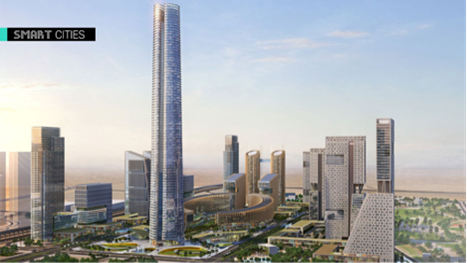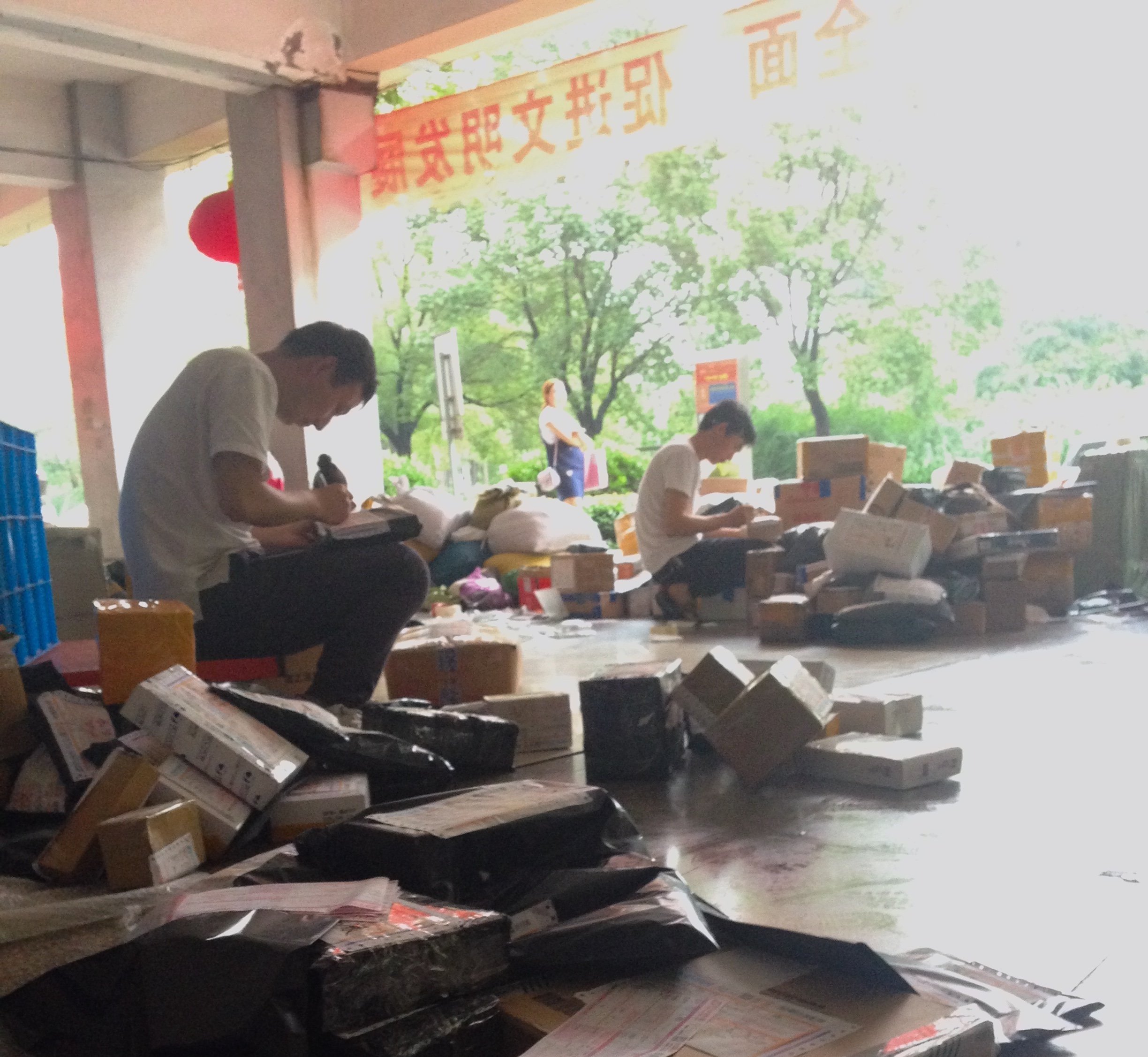High Beams in Oman. How China and Green Energy Have Opened a New Economic Corridor in the Arabian Peninsula
This working paper explores the new frontiers of green capitalism in the Arabian Peninsula by taking Ibri II as a case study. Ibri II is a solar plant inaugurated in Oman in 2022 with seed funding provided by China. Its establishment has facilitated the development of a land corridor that links Saudi Arabia to Oman through a new highway, connecting Red Sea and Indian Ocean trade routes and reshaping the economic geography of the Arabian Peninsula.
The Expansion of Halal Certification: China and the Prospect of Halal Diplomacy
Halal is principally a standard of what is permissible for consumption and use in Islam. It presents both a growth opportunity for different social actors (firms, government institutions, consumers) and is also becoming a trend in its own right. This working paper explores the general expansion of global halal markets, focusing particularly on halal food. It provides an overview of the crucial role of actors engaged in halal certification and quality standardization, and analyzes the possibility of China emerging as a major player in the global halal industry, particularly in the MENA region.
State Capitalism and Sino-Egyptian Urban Development
Following the inception of the Chinese Belt and Road Initiative in 2013, in 2017, the Egyptian government entered into a bilateral collaboration with China. This Sino-Egyptian collaboration entails several infrastructure projects in Egypt, including light railways, and the construction of skyscrapers as part of new mega-projects. These economic changes in Egypt came about due to the political decisions made by the new militarized regime, four years after the 2013 coup. These political shifts entailed the deepening of the state’s role in the Egyptian political economy. In this paper, I explain the urban development projects supported by the Sino-Egyptian bilateral collaboration. I examine the nature of the agreement and how it contributes to the Egyptian economy: do urban development projects contribute to state capitalism in Egypt, or not?
“We are outside of the statistics”: Why a study of China-Palestine trade cannot be one of official numbers
This working paper sidelines the use of official trade data in a study of China-Palestine commerce for an ethnography informed methodology that offers an alternative perspective on globalised Palestinian economic exchange. This approach is anchored in an exploration of the nuanced motivations, fears, ambitions, and associated practices of lesser acknowledged actors who mediate the Palestinian trade economy.
Before and Beyond the Confucius Institute:An Epistemological Turn to Understanding China’s Soft Power in MENA
The Western international relations concept “soft power” has deeply penetrated official, academic, and public vocabulary of China’s presence in the MENA region in this century. The Confucius Institute (CI) has become the Leitmotif of scholarship on China’s soft power in cultural domain. However, the region has also witnessed the emergence of a range of non-CI language or cultural-cum-language training spaces.
Two wheels and two wings: Assembling Chinese industrial park-port projects in the Middle East
Recent research has explored the features of an emergent international development regime that embraces infrastructure-led development as a means of enhancing connectivity and global market integration. While numerous influential international institutions have been at the forefront of the global infrastructure drive, emerging economic actors such as China are becoming increasingly active as providers of infrastructure development assistance.






